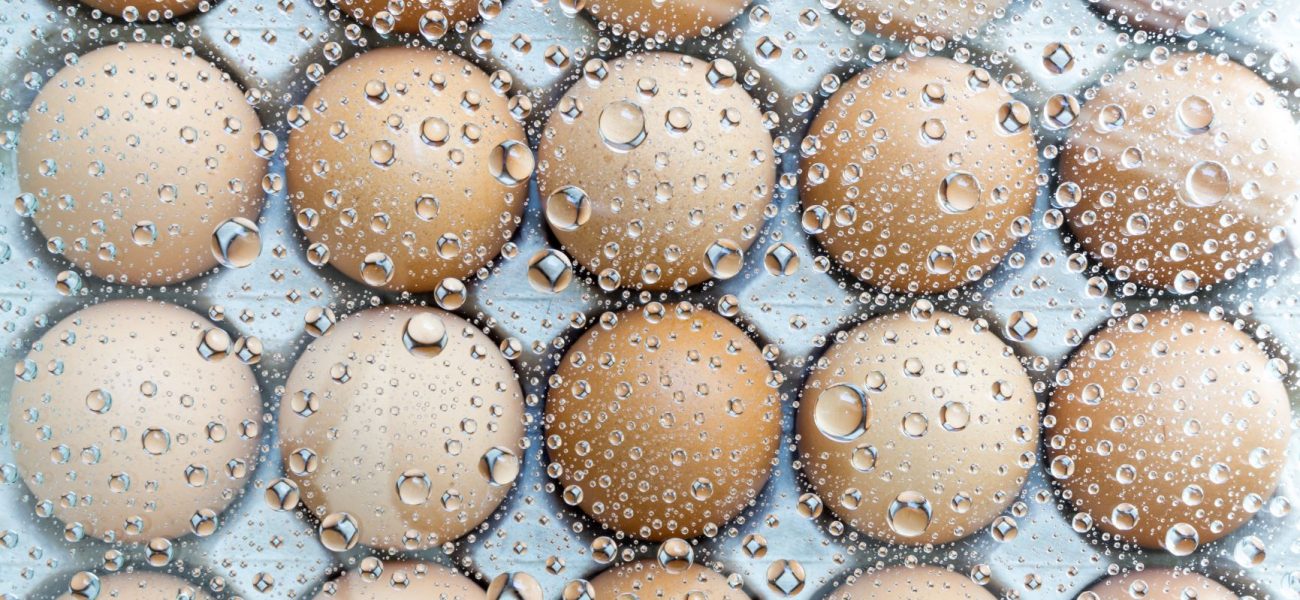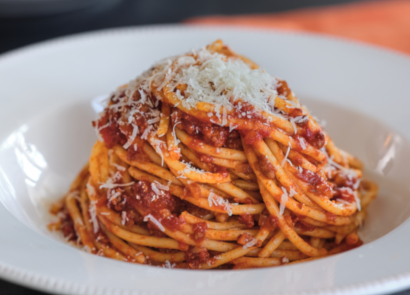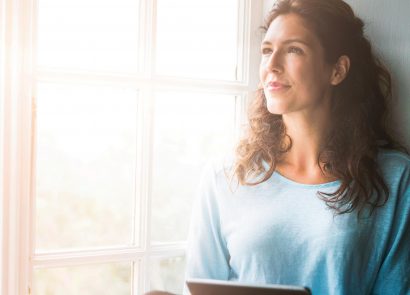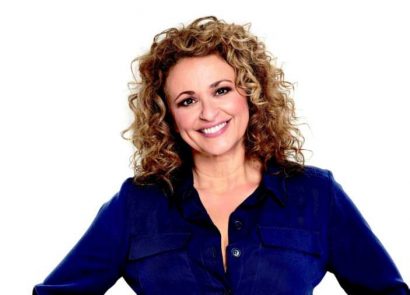Want to take control of your fertility? With mid-life pregnancies on the rise, we explore whether egg freezing is the right option for childbearing after 40
When 47-year-old Cameron Diaz announced the arrival of her first child, Raddix, in January this year, social media was abuzz with confusion. ‘Wait, was Cameron Diaz pregnant?’ tweeted one fan; ‘She doesn’t say if it was natural, through egg donation, surrogacy or adoption’ posted another. While the actress quite rightly kept schtum on the matter (it was later revealed that she used a surrogate), it brought a hot topic to the fore – that a growing number of 40-something women are having babies. Indeed, data released by the UK’s Office for National Statistics last year shows that the number of women getting pregnant after 40 has doubled since 1990, and the report cites our participation in the workforce, the growing costs of childbearing, and housing, as reasons. It doesn’t tell us how the 40-year-old mums bore children, and for this there are many options.
Ice, ice baby
One such option gaining pace is egg freezing. It involves collecting a woman’s eggs, freezing them and then thawing them at a later date so that they can be fertilised with either her partner’s sperm or that of a donor. It works because the quality and number of eggs a woman has decreases as she ages but, by freezing some when she is young, she’ll have a better chance of conceiving naturally when she is older. “Egg freezing can help women to plan outside of their biological clock,” says Dr Larisa Corda, a leading gynaecologist and fertility expert (drlarisacorda.com). “It enables them to have a career and become financially successful, as well as buy a home, and be able to financially support children later in life.”
Since the first ‘ice baby’ was born in 2010, there has been more than a 460 percent increase in the rate of egg freezing, and big tech brands such as Google, Apple and Facebook even offer female employees the chance to freeze their eggs as part of the job package. A lot of women are interested in it, with a survey by RCOG showing that 44 percent of women under 25 would consider freezing their eggs when they were a bit older, but it’s still quite costly at around £5,000 for the procedure and £150-£400 per year for storage costs. Freezing your eggs before turning 30 affords you a better chance of success, but the current law only permits a freezing limit of 10 years – this means that a woman would need to freeze her eggs in her 30s to enable her to have a baby after 40. For this reason, experts agree that women should freeze their eggs before turning 36.
How successful is it?
Despite its growing popularity, data for the success of egg freezing is a bit flaky – statistics show that around 700 babies were born via egg freezing between 2010 and 2017. This is because the number of people having this treatment is still relatively low compared to, for example, IVF. “Egg freezing does not come with a guarantee of a baby, but it is the best we have to allow women to preserve their fertility for later down the line,” explains Dr Corda. “Success rates vary immensely depending on age, which determines egg quality. To have a good chance of birth, a 37-year-old woman would need to have close to double the number of eggs frozen compared to a 34-year-old. As a good rule of thumb, the more eggs that are collected for freezing, the better the chance of success in terms of achieving pregnancy.” On average, experts estimate that around 12-15 eggs will give a good chance of pregnancy later on. “It’s also important to have a fertility MOT and get assessed before considering freezing because the decline in egg number and quality can start much earlier for some women,” adds Dr Corda. “A fertility specialist will be able to tell you whether egg freezing is appropriate based on your own circumstances.” Not sure which clinic to go to? Head to hfea.gov.uk for the latest information.
What are the risks?
While the success rate of egg freezing is yet to be confirmed, there are undoubtedly risks associated with growing and birthing a baby after mid-life. Women over the age of 40 are at a higher risk of pre-eclampsia (high blood pressure during pregnancy) and gestational diabetes (high blood sugar during pregnancy), in part because the chance of developing certain cardiovascular problems such as high blood pressure and heart disease increases. “Pregnancy-related complications, such as pre-eclampsia and high blood pressure, along with diabetes and intra-uterine growth restriction, are all more common with age,” adds Dr Corda. However, it’s important to remember that all pregnancies carry a risk (miscarriage risk across all pregnancies is believed to be 10-20 percent, for example) and that there is a lot to be gained from having a child later in life, too – you can concentrate on your career first, or take your time to find the right partner. “This wave of reproductive empowerment means that women can finally take a degree of control over their own fertility, in a similar way that the Pill initially allowed when it was first introduced,” raves Dr Corda. And, even if egg freezing isn’t right for you, there are other options available including IVF, surrogacy, adoption and, of course, getting pregnant naturally. There’s never been a better time to have a baby as an older mum.
The midlife mummy club
Celebrities are flying the flag for having a baby after 40. These stars welcomed bubbas later in life
Actress Brigitte Nielsen gave birth, via IVF, to baby Frida at the age of 54. “Some find it ridiculous; some find it awful, and some love it. I don’t really think it’s anyone’s business,” she told The Guardian.
Halle Berry thought she was perimenopausal when she naturally fell pregnant with son Maceo at the age of 47. “You’re so much more ready to be a parent after 40 than when you’re 20,” she told US Weekly.
Janet Jackson gave birth to a baby Eissa when she was aged 50. She later described him as ‘the greatest gift of all’ on social media.




















